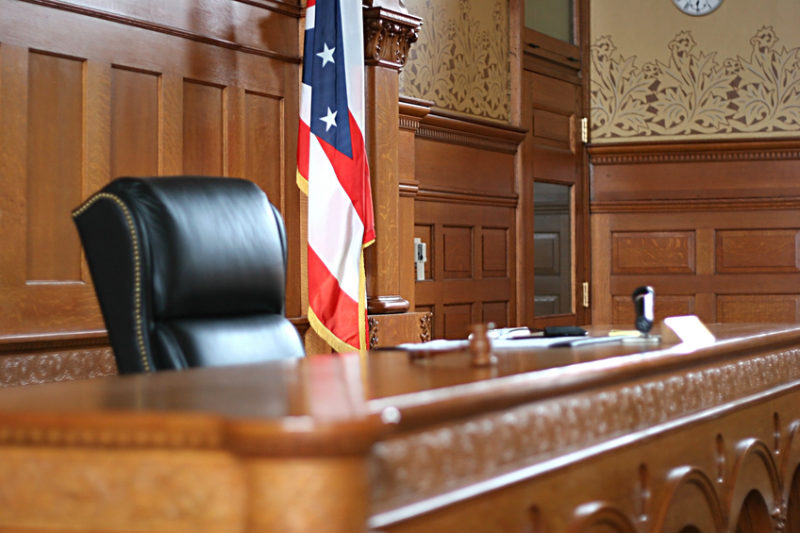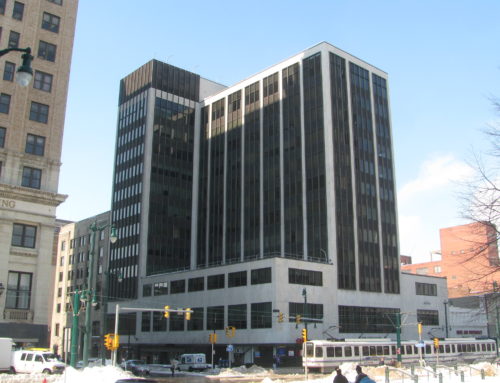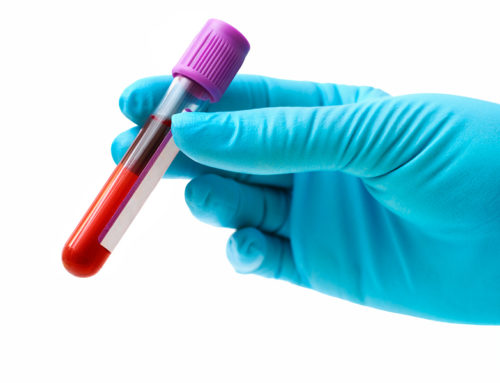One of the most successful statutory procedures used in DWI cases is automatic license suspension for those drivers who either refuse a chemical test for DWI or who take the test and score above the legal limit. In many states, the refusal or failure allows a police officer to seize the license of the driver and issue a temporary one that automatically expires in a specified number of days. In New York, a suspected DWI offender’s driver’s license may be suspended pending prosecution for 30 days. Upon the conclusion of 30 days, the suspected offender may obtain a pre-conviction conditional license provided they are otherwise eligible to receive one from the Department of Motor Vehicles. In addition to the suspension of their driver’s license, the suspected DWI offender is also subject to a criminal prosecution for drunk driving. Many DWI defense attorneys argue that the combination of a license suspension followed by a criminal prosecution violates the Fifth Amendment prohibition on double jeopardy. Many DWI defense attorneys argue that their clients are being punished twice for the same crime by having to go through administrative license suspension proceedings and a subsequent criminal DWI trial.
The prohibition against double jeopardy prohibits multiple punishments for the same offense. Therefore, many DWI defense attorneys argue that the administrative and criminal matters are separate proceedings, that the two proceedings stem from the same offense, and that the suspension of a driver’s license is a form of punishment. The Fifth Amendment to the United States Constitution states that no person shall “be subject for the same offense to be twice put in jeopardy of life or limb.”
Many DWI defense attorneys who rely on the double jeopardy argument use several Supreme Court cases for their defense purposes. In 1989, the Court decided United States v. Halper, and ruled for the first time that a civil penalty could be considered punishment for double jeopardy purposes. Since Halper, the Court has decided another case relating to double jeopardy, Department of Revenue v. Kurth Ranch. In this case, the Court held that a civil drug tax violated the double jeopardy prohibition when imposed along with a criminal prosecution for the same offense.
Defense attorneys argue that the administrative “penalties” in the Kurth Ranch case are similar to license sanctions taken against DWI offenders pursuant to implied consent laws. These attorneys base their arguments on the fact that the three elements needed to establish a double jeopardy violation are present in DWI cases since the license suspension and criminal prosecution 1) are imposed in separate hearings, 2) constitute punishment and 3) arise from the same offense.
In using the double jeopardy defense, DWI defense attorneys argue that the administrative hearing is separate from the criminal proceeding in DWI cases, and that it therefore violates the driver’s right to be tried only once for the same crime. This is because the administrative license suspension hearing often is conducted before a separate official (not the judge in the criminal proceeding), at a different time and in a separate forum than the criminal DWI trial.
Many DWI defense attorneys using this defense argue that the administrative license suspension is, at least in part, a punishment and is not strictly remedial. They argue that it is difficult to look at administrative license suspension as anything but administrative punishment and as a deterrent to other drivers who might not comply with the implied consent law. DWI defense attorneys using this defense also argue that double jeopardy applies in these cases because the penalties arise from the same offense. They argue that the administrative license suspension and criminal trial arise out of the same original traffic stop and arrest for a suspected DWI and this violates the third double jeopardy protection, the prohibition against multiple “punishments” for the same crime.
The attorneys at the law firm of Nave DWI Defense Attorneys are experienced in handling DWI cases. If you need a lawyer who can help you obtain the best possible outcome in your DWI case, call the law firm of Nave DWI Defense Attorneys.
The exclusive purpose of this article is educational and it is not intended as either legal advice or a general solution to any specific legal problem. Corporate offices for Nave DWI Defense Attorneys are located at 432 N. Franklin Street, Suite 80, Syracuse, NY 13204; Telephone No.: 1-866-792-7800. Prior results do not guarantee a similar outcome. Attorney Advertising.






